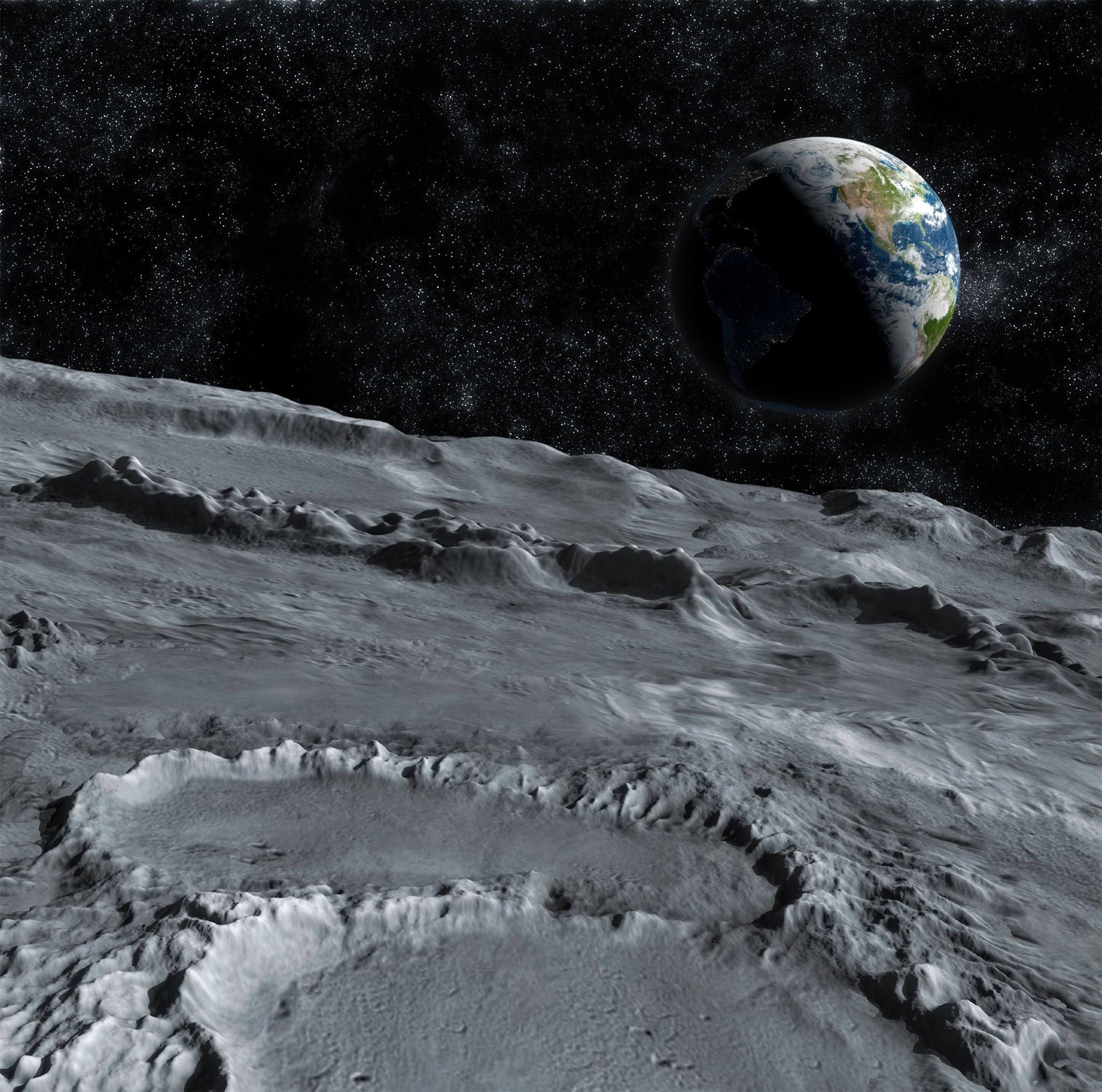Resolve Optics has received an order from a leading aerospace company to design and supply an optimised wide waveband lens for a multi-spectral microscope required for a Moon exploration mission.
 Lens developed for Lunar Vertex multispectral microscope. Image Credit: Resolve Optics Ltd.
Lens developed for Lunar Vertex multispectral microscope. Image Credit: Resolve Optics Ltd.
Due for delivery and launch in 2024 – a new solar powered land rover – ‘Lunar Vertex’ will explore the Reiner Gamma swirl, one of the most distinctive natural features and so-called “magnetic anomalies” on the Moon. The mission will conduct complementary investigations both from the lander and from the rover that will explore just over a mile (up to 2 kilometres) of the 43-mile (70-kilometer) wide surface feature. The Lunar Vertex payload includes an ion-electron plasma spectrometer and cameras that will remain on the lander, magnetometers on both the lander and rover, and a multispectral microscope on the rover.
Mark Pontin, Managing Director of Resolve Optics commented “We are delighted to be selected as a supply partner for this prestigious project. The Lunar Vertex rover multispectral microscope will use an array of light-emitting diodes (LEDs) to provide wideband illumination (365 – 1000 nm) of sections of the moon surface. The required lens for the microscope was designed to provide best possible transmission across this wide spectral bandwidth and maintain best possible focus throughout. To achieve this demanding specification, in the challenging lunar landscape, required the lens to be highly colour corrected to the point that the design is almost diffraction limited. The optical performance of this specialist microscope lens is further enhanced by custom designed MLAR coatings on the glass elements.
To add to the complexity of the design the lens also needed to be athermalised to ensure it maintained performance over the wide temperature range the microscope will encounter on the lunar surface. All components of our new lens for the Lunar Vertex multispectral microscope are manufactured from materials approved by international space agencies enabling Resolve Optics to provide Canadensys with a space ready product”.
To read more about this exciting project please visit: https://www.jhuapl.edu/NewsStory/211018b-lunar-vertex.
For further information on the design and development of space ready lenses please visit: https://www.resolveoptics.com/successful-optical-deployments-in-space/